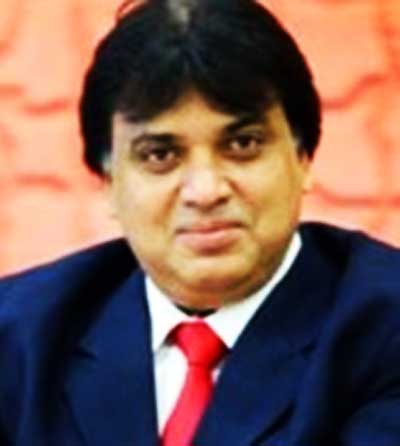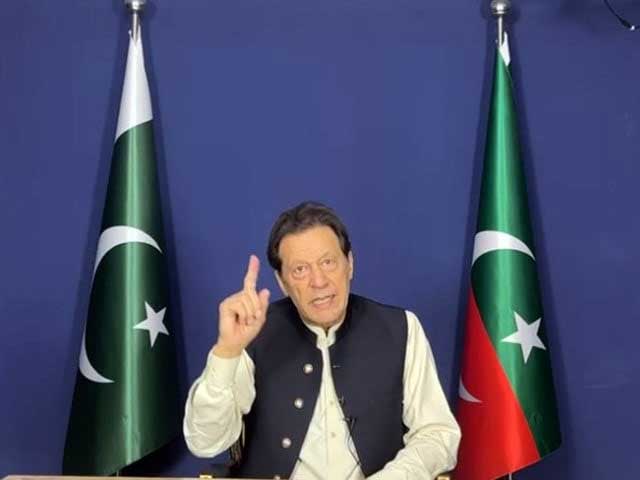Ambassadors play a crucial role in promoting various aspects of a country’s international relations and economic activities. I can provide a general overview of the role of ambassadors in promoting exports, foreign direct investments (FDI), foreign remittances, the promotion of the country, and bilateral and multilateral relations creation:
Promoting Exports: Ambassadors can actively engage in trade promotion activities by identifying potential export markets, establishing connections with foreign businesses, participating in trade fairs and exhibitions, and facilitating trade negotiations. They can promote Pakistani products, showcase investment opportunities, and address trade barriers to enhance export potential.
Attracting Foreign Direct Investments (FDI): Ambassadors play a key role in attracting FDI by highlighting investment opportunities, promoting a favorable business environment, addressing investor concerns, and facilitating business matchmaking between Pakistani and foreign companies. They can also engage in diplomatic efforts to negotiate investment protection agreements and promote Pakistan as an attractive investment destination.
Encouraging Foreign Remittances: Ambassadors can work to facilitate the flow of foreign remittances by fostering relationships with the diaspora community and advocating for policies that support remittance inflows. They can engage in outreach activities, provide consular services, and establish channels for easy and secure remittance transfers.
Promoting the Country: Ambassadors act as the face of their country abroad and play a crucial role in promoting its image, culture, and tourism potential. They engage in public diplomacy, cultural exchanges, and media outreach to enhance the country’s reputation and attract tourists, investors, and business partners.
Creating Bilateral and Multilateral Relations: Ambassadors serve as diplomatic representatives and are responsible for building and maintaining relationships with their host countries. They engage in diplomatic negotiations, foster bilateral ties, and participate in international forums to promote cooperation, address shared challenges, and strengthen multilateral relations.
Regarding Pakistan’s specific performance in these areas, it would require a comprehensive analysis of various factors and policies. Country-level evaluations are complex and involve multiple stakeholders beyond the role of ambassadors alone. It is advisable to refer to relevant reports, studies, and expert analyses to gain a comprehensive understanding of Pakistan’s efforts and challenges in promoting economic activities and international relations.
The worst performance of ambassadors can vary depending on specific situations and contexts. However, some common factors that can contribute to poor ambassadorial performance include:
Lack of Communication and Engagement: Ambassadors who fail to effectively communicate with the host country’s government, local stakeholders, or their own government can hinder diplomatic efforts and impede progress in various areas.
Ineffective Representation: Ambassadors who fail to adequately represent their country’s interests, values, and policies can undermine bilateral relations and hinder efforts to promote trade, investments, and other diplomatic objectives.
Lack of Cultural Sensitivity and Adaptability: Ambassadors who fail to understand and respect the cultural norms, customs, and sensitivities of the host country can lead to misunderstandings and strained relations.
Incompetence or Inadequate Knowledge: Ambassadors who lack the necessary diplomatic skills, expertise, or knowledge about their host country’s politics, economy, and culture may struggle to effectively navigate diplomatic challenges and achieve desired outcomes.
Ethical Lapses or Misconduct: Ambassadors who engage in unethical behavior, misuse diplomatic privileges, or violate diplomatic protocols can damage their country’s reputation and strain diplomatic relations.
To be a good ambassador, individuals should possess the following qualities:
Diplomatic Skills: Effective communication, negotiation, and problem-solving skills are essential for ambassadors to engage in constructive dialogue, bridge differences, and promote their country’s interests.
Cultural Competence: Ambassadors should have a deep understanding and appreciation of the host country’s culture, history, and customs to facilitate meaningful connections and promote mutual understanding.
Knowledge and Expertise: Ambassadors should have a solid understanding of international relations, foreign policy, and their own country’s policies to effectively represent their government and engage in diplomatic initiatives.
Networking and Relationship Building: Building strong relationships with local stakeholders, host country officials, and international partners is crucial for successful diplomatic efforts and achieving desired outcomes.
Adaptability and Flexibility: Ambassadors should be adaptable to different environments and able to navigate changing political landscapes while remaining focused on promoting their country’s interests.
Ethical Conduct: Ambassadors should adhere to high ethical standards, demonstrate integrity, and abide by diplomatic protocols to maintain credibility and trust.
It’s important to note that being a good ambassador requires ongoing learning, cultural sensitivity, and adaptability to effectively navigate diplomatic challenges and advance the interests of their country.
Utilizing prominent figures such as sports legends and renowned artists can indeed be a valuable strategy for ambassadors to promote their country and attract investments and remittances. By leveraging the popularity and influence of these individuals, ambassadors can generate interest, create positive perceptions, and encourage people to explore opportunities in Pakistan. Here’s how their involvement could contribute:
Concert Shows and Matches: Organizing concerts and sports matches featuring renowned personalities like Atif Aslam, Ali Zafar, Wasim Akram, Waqar Younis, and Javed Miandad can attract local and international audiences. These events can showcase Pakistan’s cultural richness, talent, and sporting achievements, thereby improving the country’s image and increasing tourism potential.
Foreign Chambers of Commerce Meetings: Involving these personalities in meetings with foreign chambers of commerce can enhance Pakistan’s business reputation and credibility. Their presence can create networking opportunities, build relationships with potential investors, and highlight the country’s investment potential across various sectors.
Brand Ambassadors: Designating personalities like Zaheer Abbas, the “Asian Bradman,” as brand ambassadors for Pakistan’s sports industry can raise its profile globally. Their endorsement can attract sponsorships, investments, and collaborations with international sporting organizations, leading to the growth of sports-related businesses and infrastructure.
Cultural Exchanges: Promoting cultural exchanges with squash champions like Jahangir Khan and Jansher Khan can strengthen Pakistan’s presence in the international squash community. Such engagements can facilitate training programs, exhibition matches, and collaboration with foreign squash associations, attracting investment and enhancing the development of squash facilities in Pakistan.
While the involvement of these personalities can generate interest and positive attention, it is important to note that long-term investment and remittance inflows require a stable and conducive business environment. Other factors, such as economic policies, infrastructure development, ease of doing business, and political stability, also play crucial roles in attracting investments and remittances.
Ambassadors, in collaboration with relevant government agencies, should work on comprehensive strategies that address both the promotion of cultural assets and the improvement of business conditions to maximize the potential impact on investment and remittance flows.
Role of Ambassadors




